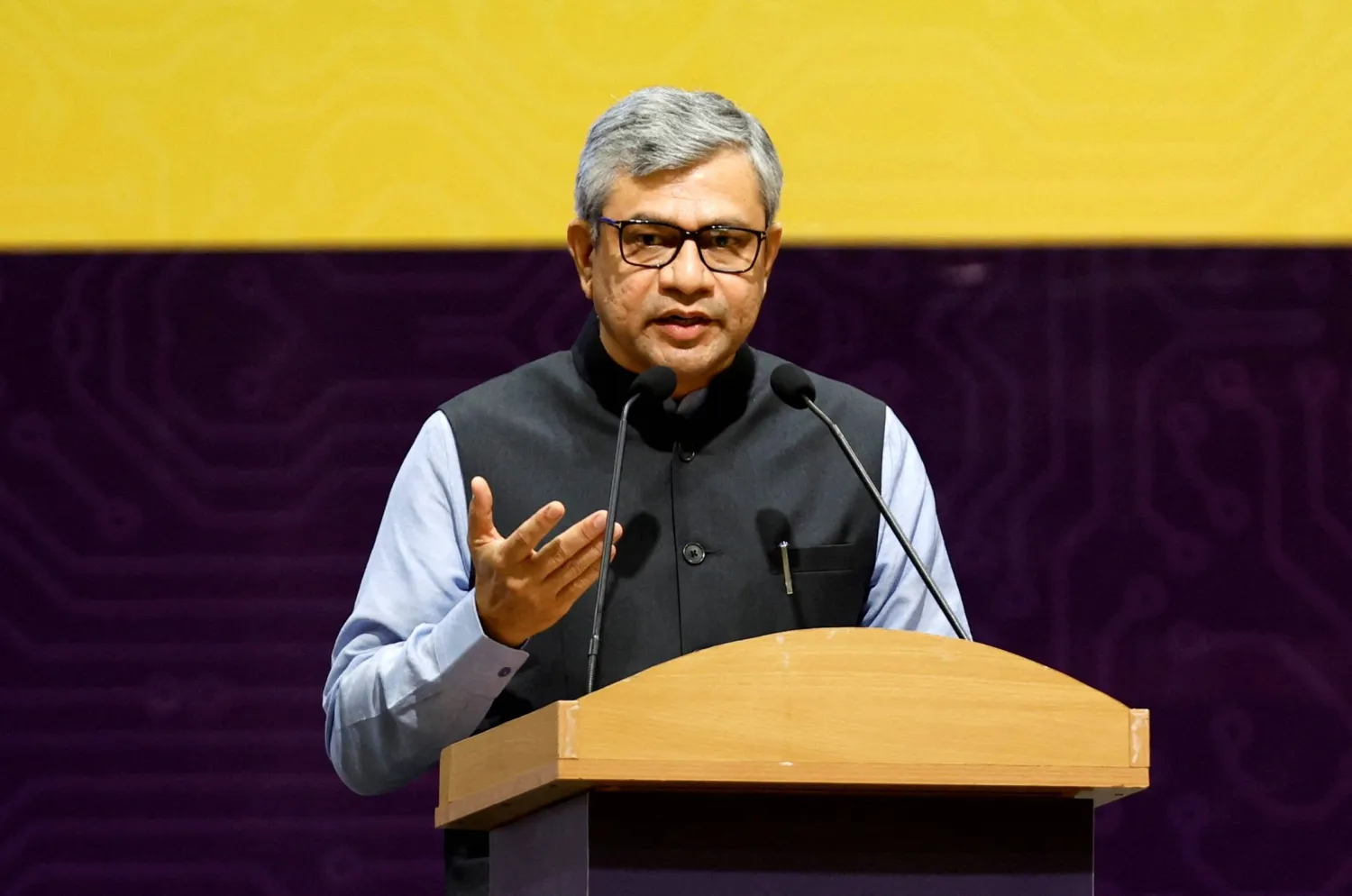Google's decision to remove some apps in India from its app store "cannot be permitted", Information Technology Minister Ashwini Vaishnaw said on Saturday, amid an ongoing dispute over service fee payments to the US firm.
Google on Friday removed from its Play Store many Indian apps, including Matrimony.com's popular Bharat Matrimony and job search app Naukri, saying the companies were not abiding by its in-app payment guidelines.
Vaishnaw said he has held talks with Google and will meet the startups, which needed protection in India.
"This cannot be permitted. This kind of de-listing cannot be permitted," he said in a statement.
Google declined to comment, according to Reuters.
The removal has sparked criticism from many startups who have for years protested and legally challenged many of the US giant's practices, including its in-app fee. Google says the fees help develop and promote the Android and Play Store ecosystem.
The dispute centers on efforts by some Indian startups to stop Google from imposing a fee of 11%-26% on in-app payments, after the country's antitrust authorities ordered it to not mandatorily enforce an earlier system of charging 15%-30%.
But Google effectively received the go-ahead to charge the fee or remove apps after two court decisions in January and February, one by the Supreme Court.
Google said on Friday that some Indian companies had chosen not to pay for the "immense value they receive on Google Play".
Among the worst hit by the removals is Matrimony.com which has seen more than 150 of its apps dropped from the Play Store.
"All our apps have been removed and we are out of Play Store and (that) means out of business," founder Murugavel Janakiraman told Reuters on Saturday. "If this continuous for a long term then we will have significant drop in revenue."
Info Edge, another affected company, had seen its job search app Naukri and another real estate search app, removed. Many of the company's app had been restored, its founder said on Saturday on X, without elaborating.
Google briefly removed popular Indian payments app Paytm from its Play Store in 2020 citing some policy violations. The move led to the company's founder and the wider startup industry joining together to challenge Google by launching their own app stores and filing legal cases.
Minister: Google's Removal of Apps from Play Store in India 'Cannot Be Permitted'

FILE PHOTO: India's Minister for Information Technology Ashwini Vaishnaw addresses the audience during the 'SemiconIndia 2023', India’s annual semiconductor conference, in Gandhinagar, India, July 28, 2023. REUTERS/Amit Dave/File Photo

Minister: Google's Removal of Apps from Play Store in India 'Cannot Be Permitted'

FILE PHOTO: India's Minister for Information Technology Ashwini Vaishnaw addresses the audience during the 'SemiconIndia 2023', India’s annual semiconductor conference, in Gandhinagar, India, July 28, 2023. REUTERS/Amit Dave/File Photo
لم تشترك بعد
انشئ حساباً خاصاً بك لتحصل على أخبار مخصصة لك ولتتمتع بخاصية حفظ المقالات وتتلقى نشراتنا البريدية المتنوعة







